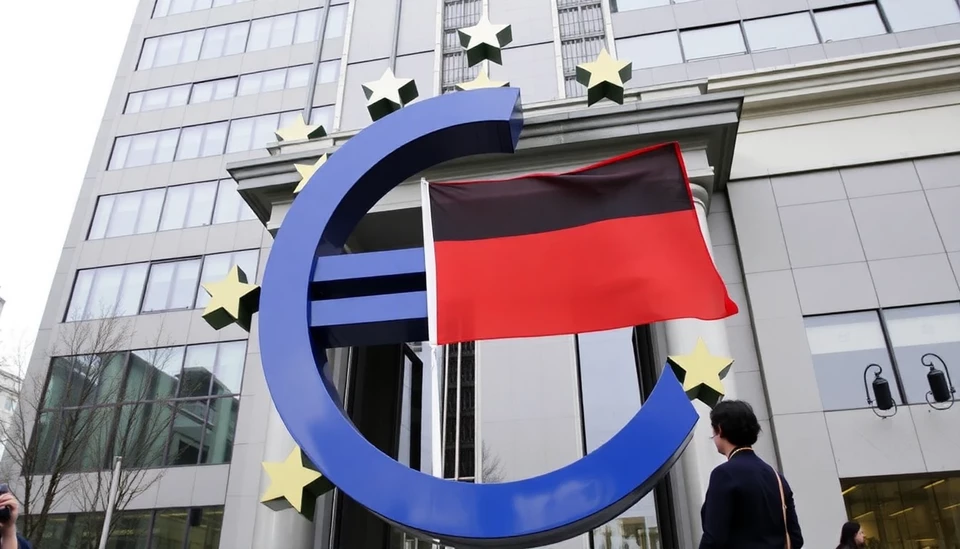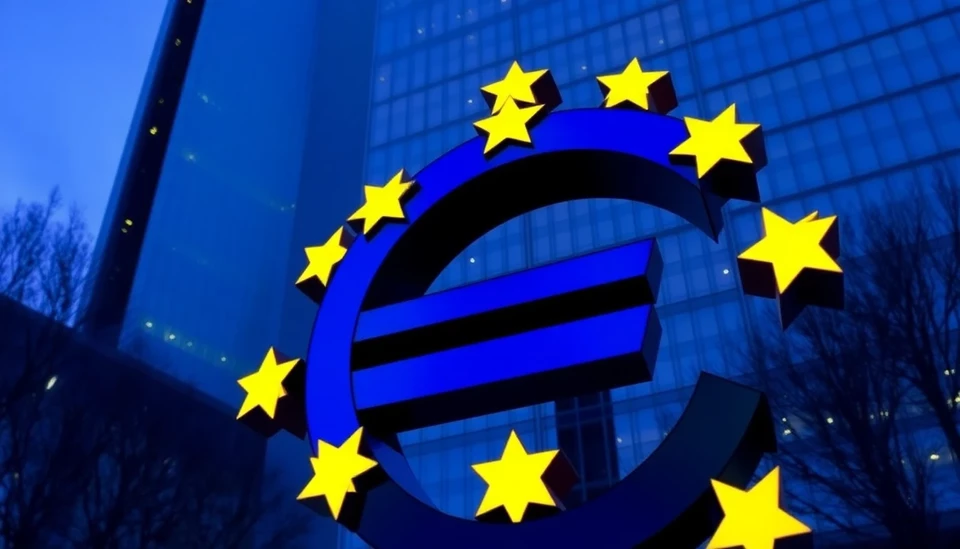
Germany's consumer price index (CPI) revealed that inflation remained unchanged in January 2025, despite speculation surrounding economic fluctuations. This development supports the European Central Bank's (ECB) cautious approach to adjusting interest rates in the face of fluctuating economic conditions.
According to data released, the CPI held steady at a rate of 5.1%, a figure consistent with December 2024, defying earlier expectations of a potential increase. The consistency in inflation rates is seen as a positive sign for Europe's largest economy, suggesting that price pressures may be stabilizing after a period of pronounced volatility.
This latest stabilization in inflation comes amid ongoing discussions within the ECB about the need for a careful balancing act regarding monetary policy. With inflation expectations remaining relatively modest, the ECB is leaning towards maintaining interest rates, rather than implementing aggressive hikes that could stifle growth.
The ECB's recent pronouncements indicate a growing recognition of the delicate economic landscape. ECB President Christine Lagarde emphasized the importance of monitoring inflation closely while also considering broader economic indicators, including employment rates and overall economic growth. The steady inflation in Germany, considered a bellwether for the Eurozone, provides critical insights for ECB policymakers as they navigate these challenges.
The German economic outlook remains a focal point for analysts who watch closely for signals that could impact the Eurozone at large. With other pivotal economies in the area also experiencing varied inflationary pressures, Germany's stability becomes even more significant. Investors and economists alike will be keenly observing these trends in the upcoming months to gauge the overall health of the Euro area economy and to anticipate any shifts in ECB policy.
This continued need for vigilance aligns with the ECB's communication strategy, reinforcing a message of gradualism in its response to inflation. The ECB has indicated that it will not rush into monetary policy alterations without substantial evidence of persistent inflationary trends, thus sustaining Europe’s economic recovery path.
In conclusion, the unchanged inflation rate in Germany serves as a crucial indicator for the ECB's monetary policy and contributes to a broader understanding of economic dynamics in the region. Analysts and businesses are poised to monitor these developments closely as they could impact fiscal strategies moving forward.
#GermanInflation #ECB #EconomicPolicy #InterestRates #EurozoneEconomy
Author: Rachel Greene
